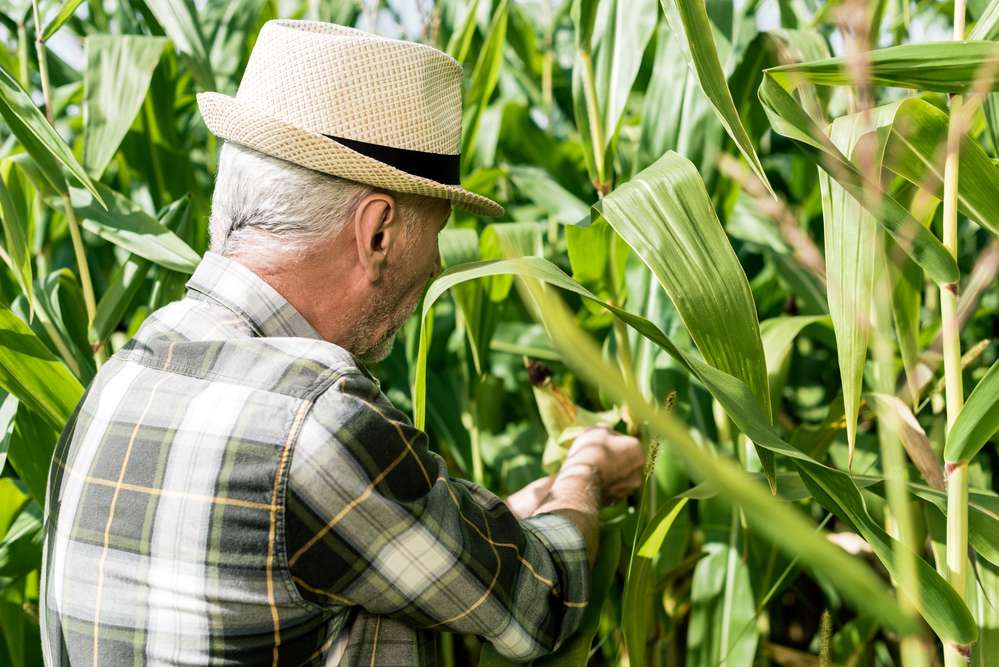Latin American and Caribbean region is essential for the work of the Chair because it’s one of the most active regions in the development of law related to food security.

San José, December 13, 2021 (IICA) – The cooperation agreement between Université Laval and the Inter-American Institute for Cooperation on Agriculture (IICA) will allow the two parties to continue their already fruitful collaboration notably through the joint organization of knowledge transfer activities related to the transition towards sustainable food systems, and more broadly on food security.
IICA is the specialized agency in agriculture of the Inter-American System for more than 79 years and its mission is to encourage, promote, and support all 34 Member States in their efforts to achieve agricultural development and rural well-being, which IICA achieves through technical cooperation. “Using a legal lens, this promising partnership seeks to examine food system transformation and foster food security and food diversity in the Americas,” said Jean-Charles Le Vallée, IICA’s Country Representative for Canada.
The Université Laval’s Legal Research Chair in Food Diversity and Security aims to carry out a critical analysis of the existing national and international legal instruments regarding the objective of protecting and promoting sustainable world food security. The Chair is also a forum for meaningful ongoing reflection and knowledge transfer with all stakeholders. The training of a new generation of jurists in a field where knowledge is in high demand are the core of its mission.
For Université Laval’s Vice Rector of Research and Innovation, Eugénie Brouillet, “this collaboration with IICA illustrates Université Laval’s commitment to help achieve the sustainable development goals set out by the United Nations, in this instance through scientific reflection on food security. This partnership confirms the leadership of our intersectoral team of top-level researchers in this field.”
For the Chair holder, Geneviève Parent, “the renewal of this collaboration with the Latin American and Caribbean region is essential for the work of the Chair because it’s one of the most active regions in the development of law related to food security, nutrition and sustainability, including innovative legislations contributing to the transformation of food systems.”
More information:
Institutional Communications Division











